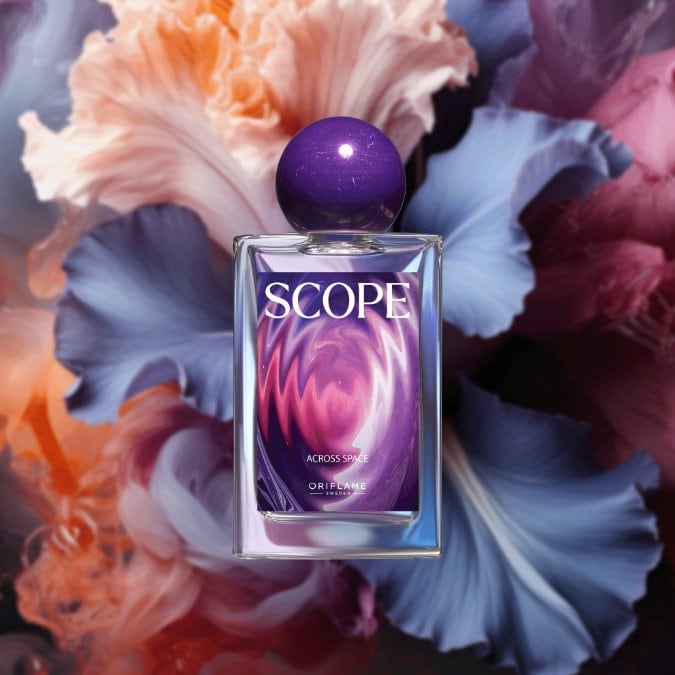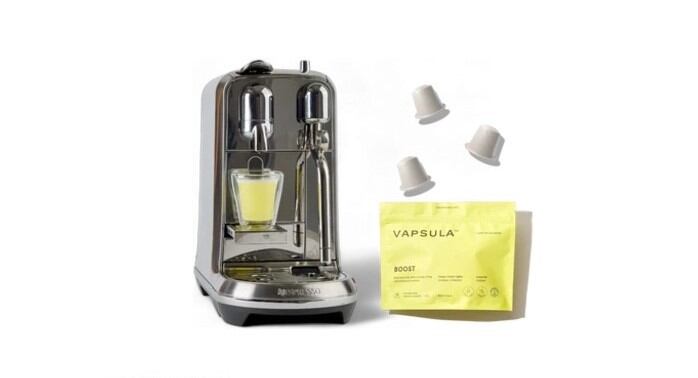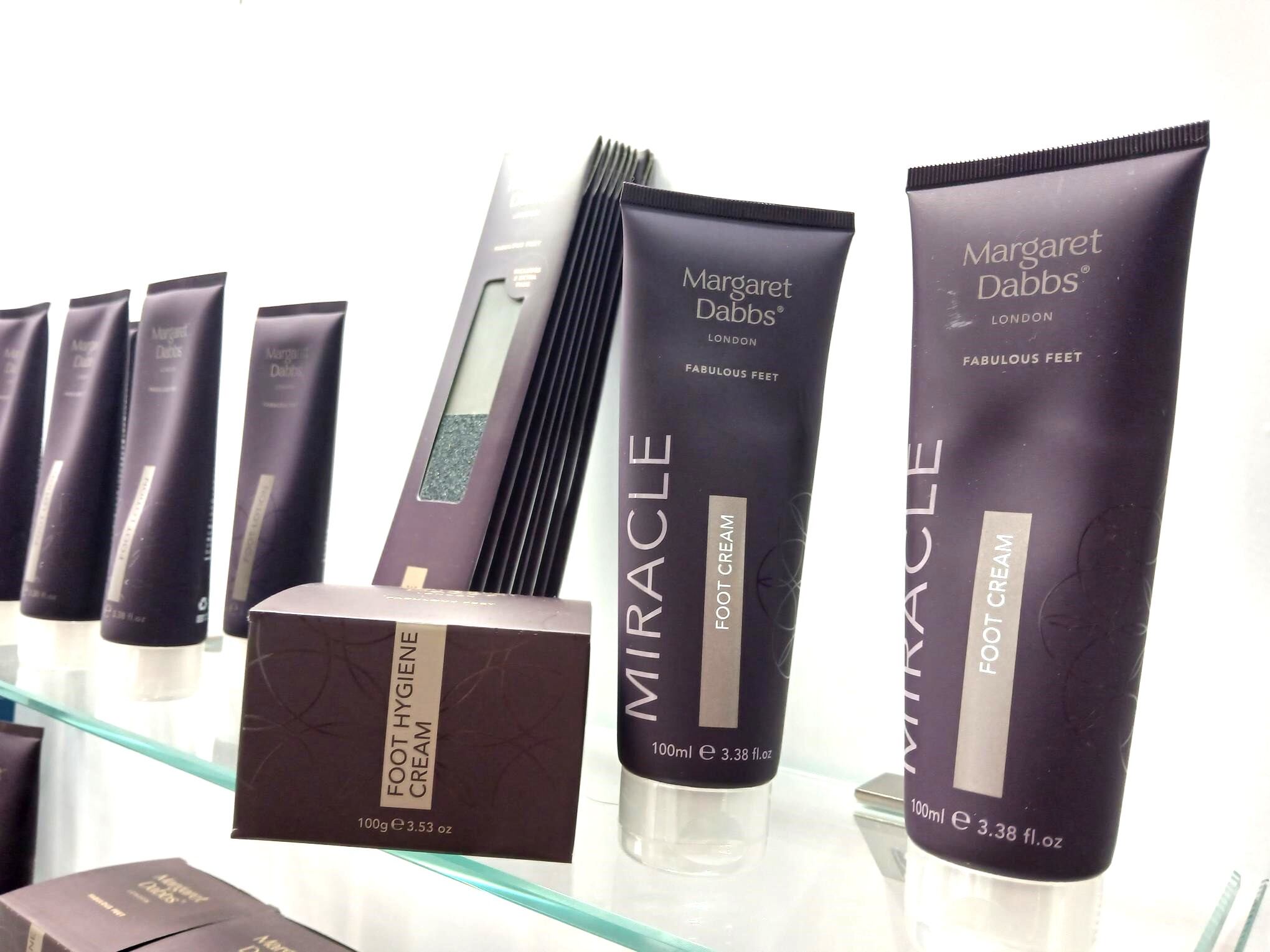According to fragrance expert & brand manager at Oriflame, Anna Pavlenko, the brand has noted how AI is gradually becoming a part of our daily life, so it wanted to use AI-tools to “create something futuristic; something that smells like it could arrive from the decades far ahead, but at the same time, be relatable, and, even more importantly, pleasant to smell today.”
To make this happen, Oriflame briefed partners from three prominent fragrance houses to develop scent directions where perfumers “would use AI as a creativity-boost; a ‘co-pilot’.”
Nostalgia, awe & mystery
“We asked them to translate into the language of scent three quite complex feelings,” said Pavlenko. “Nostalgia or sweet longing for the safe days of childhood; the feeling of awe of the beauty of our planet, with the brief stating ‘what if we could explain the beauty of earth to aliens through a scent?’; and the mystery of the great ‘cosmic unknown.’
The firm chosen to work with German company Symrise to create the scent, as it “had an exact capability for this brief.”
Pavlenko said that its patented AI Phylira “functions a bit like a Spotify or Netflix recommendation algorithm; based on the initial formula draft by perfumer and the feelings we want to convey.”
“Phylira analysed 3.5 million already existing fragrance formulas, looking for similarities and evidence of success,” she said. “Based on this data, AI recommended interesting, unexpected ‘twists’ to the original formulas and even accords that can boost certain moods.”
With this, Oriflame’s AI-co-created, unisex collection SCOPE was born – a fresh, woody and musky fragrance that “stimulates the intellect and adds a mysterious touch with Metanoid Accord, a fresh, futuristic and metallic blend,” stated the brand.
The scent has top notes of pink pepper, lily of the valley-scented and ginger; a Heart of Diviniris (Orris-scented) Symrose (rose-scented) and ylang ylang; and a base of musk, labdanum Abs (Ambery) and Metanoid: a metallic musky scent.
“Smelling is already subjective”
So it all sounds so simple, but did the brand face any challenges in doing it this way?
Yes, said Pavlenko. “Smelling is already extremely subjective; what we like or dislike is based entirely on our personal experience, our own unique ‘scent library’ that we develop over the course of life.”
Pavlenko also said that to add AI to something that is this ‘human’ sounded like a big challenge. Hence why the firm decided not to fully outsource the NPD to the AI. hat
Instead, it was a co-creation between the imagination of the perfumers with “new unexpected, out-of-the-box suggestions from the AI tool.”
Pavlenko said that Oriflame was “more than happy with the result of such synergy,” but she also highlighted that it was “an experiment; a study where we wanted to blend two already highly abstract universes: perfumes and AI technology.”
The brand said it was curious to see if the algorithm can fully grasp what makes a pleasurable scent for humans.
“And we can say, that ‘real’ perfumers have nothing to worry about: new algorithms can certainly boost their creative thinking and spark ideas, but can’t fully substitute the talented Noses and their unique ways to interpret reality through the scents – and make all of us connect and engage with it,” she said.
So, would Oriflame work in this way again?
“At the end of the day, we learnt that ‘Human touch’ is definitely not a myth,” said Pavlenko.
However, she also said that as the company is very innovation-focused, so it would ‘never say never.’
“We are certainly open to next ‘AI collaborations’ as long as they bring value to customers. But people are always first, non-negotiable,” she concluded.





